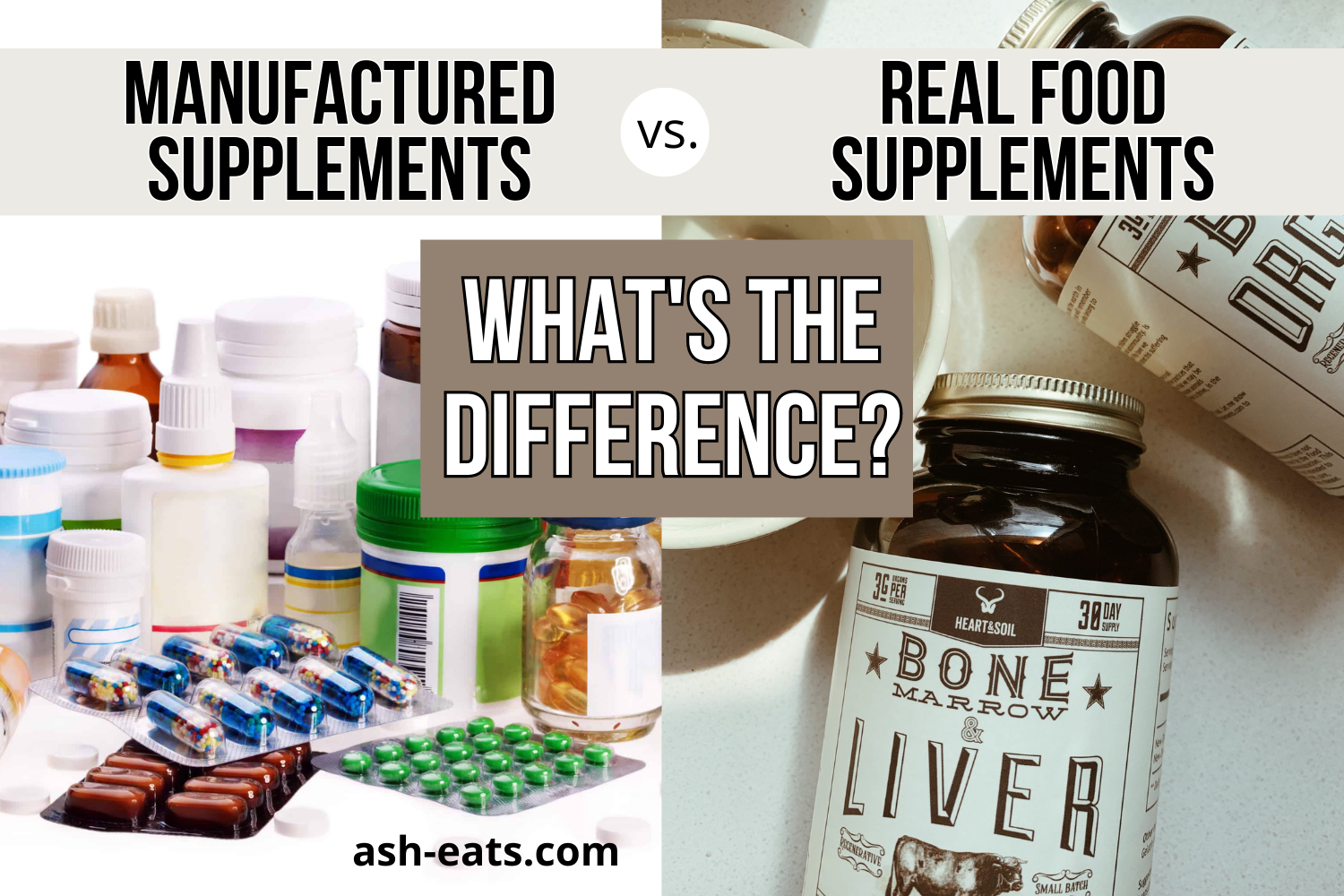
Published on August 11, 2021 by Ashley Rothstein
If you browse the supplement section in the grocery store or search “supplements” on Amazon, you’ll be bombarded with options. Most of them will have an isolated vitamin or mineral listed on the front label.
“Vitamin D.” “Zinc.” “Vitamin A.” “Calcium/Magnesium.” “B Complex.”
With science, we have learned how to isolated vitamins and minerals, and now, we are able to take our pick of basically whatever vitamin or mineral we want at any given time.
Us modern folk are used to this. We read online that most people have a Vitamin D deficiency, so we stop by the store and pick up a bottle of Vitamin D. We hear that taking a B Complex vitamin can be good for stress and mood, so we order a bottle on Amazon.
But here’s the thing…
Most of the supplements available in the store or online are manufactured.
You may think, “oh the bottle says Vitamin C, and Vitamin C is healthy for the body, so this is good for me.”
But that’s not necessarily true.
The difference between manufactured supplements and real food supplements
Manufactured supplements are synthetic and laboratory-made.
You can tell if a supplement is manufactured by looking at the ingredients. If the ingredient is the vitamin or compound itself, it is manufactured, like this one:
Ingredients: Vitamin C (as Ascorbic Acid. Other Ingredients: Hypromellose (derived from cellulose) capsule, Calcium Laurate, Cellulose.
On the contrary, check out the ingredient list of this real food Vitamin C supplement:
Ingredients: Camu Camu Berry Extract*, Manioc Root*, Acerola Berry Extract*, Amla Berry Extract*, Buckwheat Berry Sprouts*, Blueberry*, Raspberry*, Cranberry*, Cherry*, Rose Hips Fruit*, Lemon Peel*, Black Pepper Berry Extract*. Other Ingredients: Vegetable Capsule (Cellulose). *Organic.
All of these foods are organic sources of Vitamin C and they come together to provide a dose of natural Vitamin C.
Why you should consider taking real food supplements in place of manufactured supplements
Vitamins and minerals are more bioavailable in whole foods, meaning they are more readily absorbed and used by the body.
Mother Nature packages vitamins and minerals together intelligently in whole foods. These vitamins and minerals work together synergistically in your body to accomplish vital functions that keep you alive and thriving.
Taking a single, isolated vitamin or mineral is less favorable to the body and is more like taking drugs. The body doesn’t recognize it or use it in the same way that it does the nutrients packaged together in natural, whole foods.
Also, some dietary supplements have even been found to unlawfully have prescription drugs in them! With conscious sourcing, you could probably avoid this. But regardless, that’s a scary thought.
So if you’re looking to give your body the best possible fuel when it comes to supplements, start with a good source of real food.
Should everyone take real food supplements (even if you eat a nutrient-dense diet)?
If you have a compromised gut, you may not be properly absorbing the nutrients in the food you eat. In this case, you may consider supplementing.
But even if you eat a solid animal-based diet and have no known gut issues, research shows that certain vitamins and minerals are good for certain things.
Magnesium for sleep, bowels, mood, muscle/nerve function, and energy. Zinc for metabolic function. B vitamins for stress and adrenal function. Vitamin C for the immune system. The list goes on.
And also…
We just can’t get enough of some vitamins and minerals from our diets.
So for most people, I think it’s a good idea to supplement.
But the word “supplement” in this context may need a revamp.
When you take real food supplements, at the end of the day, you’re really just eating food. Desiccated beef liver, oysters, dried fruit…these things are just food. If you dry up chicken, put it in a capsule, then take it, is it really a “supplement,” or are you just eating chicken?
Real food supplements are basically a convenient way to get high doses of nutrients in your body using real foods.
In a nutshell, the term is a fancy way of saying “dried up nutrient-rich food in a convenient capsule so you don’t have to actually cook and prepare said food.”
This is not to discount the efficacy or potency of real food supplements. For example, oysters are packed with nutrients and health benefits, but preparing them properly takes skill if you want to avoid making yourself ill. So for some people, taking encapsulated desiccated oysters may be a better and more convenient choice that brings about peace of mind. (To learn if desiccated oyster supplements are right for you, check out this blog post.)
Curious about desiccated oyster supplements?
They’re rich in zinc, iodine, B12, selenium, and copper!
Use my code ASHLEYR for 10% off your entire order on Marine Health Foods.
How to switch over to a real food supplement routine
Making the switch is not rocket science. In a nutshell, all you have to do is ditch your manufactured supplements and switch over to real food supplements instead.
But you may be trying to figure out what replaces what and which supplements are necessary. More on this below.
To start, here is an example of an actual real food supplement routine. Below is a list of what I take every day and the nutrients each product is rich in*:
George St Pierre’s Warrior
(beef liver + heart: rich in vitamin A, copper, choline, folate, B6, B12, niacin, iron, potassium, phosphorus, COQ10, zinc, and selenium)
ASH10 for 10% off.
Skin, Hair & Nails
(cartilage, bone marrow, and liver: rich in collagen, B12, riboflavin, iron, vitamins A and E, phosphorus, thiamin)
ASH10 for 10% off.
Note: If you’re looking for an organ supplement source that is cheaper than Heart & Soil but still high quality, consider Perfect Supplements. They offer a multi-organ blend and a desiccated liver supplement. You won’t get the targeted support that you do with Heart & Soil, but these are great alternatives. Perfect Supplements also offers both products in bulk powders. Use ASHLEYR for 10% off at checkout.
Wild-Caught Fish Eggs
(rich in vitamins A, D, E, and K2, DHA, EPA, and ETA)
OysterMax
(desiccated oysters: rich in zinc, iodine, B12, selenium, and copper; each batch is tested for heavy metals)
(To learn if desiccated oyster supplements are right for you, check out this blog post.)
Use code ASHLEYR for 10% off.
Perfect Supplements Perfect Acerola
Real food Vitamin C supplement. Single source: acerola cherries. Use code ASHLEYR for 10% off. Perfect Supplements also sells this product in bulk powder.
(For those who don’t mind (or prefer) a fruit variety, check out Pure Radiance C.)
Bee Pollen
For extra B vitamins and micronutrients, including bioavailable copper. Also…one heaping teaspoon has 5g of protein!
Propolis
For the immune system benefits (I get chronic UTIs) as propolis is known for its antibiotic effects. Check out the reviews for the product below…some people claim that propolis reversed their cancer!
How to choose the real food supplements that are right for you
When it comes to vitamins and minerals, you should be able to get most of what you need from a nutrient-dense animal-based diet. But if you’re looking to add some nutrient-dense supplements as well, start with organ supplements.
Both Ancestral Supplements and Heart & Soil have some amazing nutrient-dense organ supplements to choose from. Choosing the right ones for your health needs and lifestyle is a good place to start. Read more about that here.
Already an organ supplement veteran? Use my discount code for 10% off your entire order.*
ASH10 for 10% off at Heart & Soil.
*Note: discount code does not work with Heart & Soil subscription.
The majority of the population is severely deficient in magnesium, and it’s nearly impossible to get enough magnesium from diet alone. So for just about every person, I highly recommend supplementing with magnesium.
Start with a daily magnesium ritual that includes a topical magnesium spray, magnesium bath flakes, or both, and if you tolerate it, add an oral magnesium supplement if it helps you. My goal is to get to a place where I am only applying magnesium topically, but oral consumption still helps me with bloating and bowel movements.
If you’re looking for a good oral magnesium supplement, check out BiOptimizers Magnesium Breakthrough. Magnesium Breakthrough is a proprietary magnesium blend that includes seven different types of magnesium. Use my code ASHLEYR for 10% off your entire BiOptimizers order.
If you don’t eat fruit (or don’t eat a lot of fruit), it may be a good idea to supplement with vitamin C.
Bone Matrix is a great source of calcium if you don’t eat large amounts of dairy, bone broth, or sardines. ASH10 for 10% off.
If you’re looking for a natural source of zinc, iodine, selenium, or copper, consider adding desiccated oysters to your routine. Use my code ASHLEYR for 10% off your entire order on Marine Health Foods.
And if you’re indoors a lot and can’t get out in the sun, consider supplementing with vitamin D/K2 (note: this is manufactured. Avoid if you can, more on this below).
Lastly, it’s technically not a supplement, but the one thing I consume daily that is absolutely crucial for health is salt.
I consume 6-10g+ per day of salt in my water/on my food and it makes me feel like a superhuman. I think most people would benefit from increasing their salt. If you’re a fan of Redmond Real Salt, use my code ASHLEYR for 15% off your entire Redmond Real Salt order.
In the next section, I will be doing a nutrient breakdown of my daily real food supplement regimen. I eat a nutrient-dense diet, but I thought it would be cool to get an idea of the nutrient density of my supplements alone.
Since organ meats are some of the most potent foods in the world when it comes to nutrient density (and organ meats make up the bulk of my supplementation), I am curious to see how this turns out.
Nutrient breakdown of my real food daily supplement routine
Okay, let’s get to it.
Note: The below breakdown is of my old supplement routine. I am in the process of updating this section based on my new supplement routine.
Here’s a breakdown of the food that’s in my supplements:
- Grass-Fed Beef Liver: 3000mg beef liver
- Grass-Fed Bone and Marrow: 3000mg whole bone extract
- Wild Caught Fish Eggs: 2400mg hoki eggs
- Grass-Fed Beef Tallow: 3000mg tallow
- Grass-Fed Living Bone: 750mg calcium/300mg phosphorus from microcrystalline hydroxyapatite, 3000mg mid-shaft long leg bones
- Histamine & Immune: 600mg thymus, 600mg lung, 600mg kidney, 600mg spleen, 600mg liver
- OysterMax: 1200mg oysters
- Pure Radiance C: 650mg fruit & berries blend
- Magnesium Breakthrough: 500mg elemental magnesium
So, based on the above breakdown, here’s the food I’m getting in my supplements along with the core nutrients each food consists of:
- 3600mg (.127 oz) beef liver*: vitamin B12, vitamin A, riboflavin, folate, iron, copper, choline
- 3000mg (.106 oz) whole bone extract*: vitamin B12, riboflavin, iron, vitamin E, phosphorus, thiamin, vitamin A
- 3000mg (.106 oz) thymus*: vitamin B12, folate, iron, magnesium, selenium, zinc, vitamin A, vitamin D, vitamin E, vitamin K
- 600mg (.106 oz) lung*: vitamin A, calcium, thiamin, vitamin B6, niacin, phosphorus, copper, vitamin C, iron, riboflavin, vitamin B12, magnesium, zinc, pantothenic acid
- 3000mg (.106 oz) kidney*: vitamin A, thiamin, vitamin B6, niacin, phosphorus, copper, vitamin D, vitamin C, iron, riboflavin, vitamin B12, magnesium, zinc, pantothenic acid
- 3000mg (.106 oz) spleen*: vitamin A, thiamin, vitamin B6, niacin, phosphorus, copper, vitamin C, iron, riboflavin, vitamin B12, magnesium, zinc, pantothenic acid
- 750mg calcium from microcrystalline hydroxyapatite: 750mg (58% DV) calcium
- 300mg phosphorus from microcrystalline hydroxyapatite: 300mg (24% DV) phosphorus
- 2400mg (.085 oz) hoki eggs*: Vitamin A, vitamin D, vitamin E, vitamin K2, essential fatty acids DHA, EPA, and ETA
- 3000mg (.106 oz) tallow*: choline, vitamin A, vitamin D, vitamin E, vitamin K, thiamin, fat
- 1200mg (.042 oz) oysters: 1.05mcg (44% DV) Vitamin B12, 18.6 mcg (12% DV) iodine, 3.42mg (31% DV) zinc, 4.25mcg (34% DV) selenium, .31mg (34% DV) copper
- 650mg fruit & berries blend: 120mg (130% DV) Vitamin C
- 500mg elemental magnesium: 500mg (120% DV) elemental magnesium
*I thought I would be able to find a vitamin/mineral breakdown for all of these foods, but then it dawned on me…the weight/volume of the desiccated organs is significantly less than the weight/volume of the organs pre-desiccation. This means I have no idea how much organ meat was actually used to create each serving. Therefore, without pre-desiccation volume, it is impossible to determine nutrient density. So instead, for each desiccated organ supplement, I listed out its core vitamins & minerals to at least get an idea of the nutrients it’s rich in.
Based on the above data, here’s the nutrient breakdown of my daily real food supplement routine:
- 750mg calcium (58% DV)
- 300mg phosphorus (24% DV)
- 1.05mcg B12 (12% DV)
- 18.6mcg iodine (12% DV)
- 3.42mg zinc (31% DV)
- 4.25mcg selenium (34% DV)
- .31mg copper (34% DV)
- 120mg vitamin C (130% DV)
- 500mg magnesium (120% DV)
Plus some* (likely high amounts) of…
- thiamin (vitamin B1)
- riboflavin (vitamin B2)
- niacin (vitamin B3)
- pantothenic acid (vitamin B5)
- vitamin B6
- folate (vitamin B9)
- vitamin B12, A, E, D, K
- iron
- choline
- essential fatty acids DHA, EPA, and ETA
- more copper, phosphorus, calcium, vitamin C, magnesium, and zinc
Although I don’t have a precise nutrient breakdown of my real food supplement routine, from what I can tell, it’s rich in calcium, phosphorus, magnesium, B vitamins, iodine, selenium, zinc, copper, vitamin A, E, D, K, and C, iron, choline, and essential fatty acids DHA, EPA, and ETA.
Other benefits of real food supplements
Aside from nutrient density, bioavailability, and the synergistic effect real food supplements have on the body, they come with other benefits too.
Ever experience the post-consumption stomach drop after taking your vitamins? You know, the dull nausea? Brain fog? Butterfly stomach? Rock hard bloating?
I don’t experience any of these things with my real food supplements. When I take them, it’s like I just ate food.
This took some getting used to. After taking manufactured supplements for so long, I became used to anticipating the stomach drop that came after taking them. I still remember the first day I took my organ supplements. I braced….waited…more waiting…some more waiting…and nothing. It was like I didn’t even take anything.
And because they’re real food, you can even take them on an empty stomach without consequence.
Looking for organ supplements? Use my discount code for 10% off your entire order.*
ASH10 for 10% off at Heart & Soil.
*Note: discount code does not work with Heart & Soil subscription.
Final thoughts
The manufactured supplements I hung on to were my D/K2 drops and my magnesium supplements (shown below).
I don’t think I’m outdoors enough, which is why I take D/K2. I may experiment with a winter season without it and do some testing to confirm my levels, but I’m still deciding on that.
Update, March 2023: I stopped synthetic vitamin D supplementation at the beginning of 2023 and have only been using Cod Liver Oil and sunning. I got my vitamin D levels checked and they were 47.9, which I was pleased with. The CLO/sunning seems to be holding up, even during winter. I’m looking forward to getting that number even higher in the spring/summer.
To read more about how to check your metabolic health, vitamins, and minerals (including vitamin D) – no doctor/provider necessary – check out this post.
Vitamin D/K2
As for magnesium, I wrote an entire post about why I take it. Read it here. Below are the magnesium supplements I take currently.
BiOptimizers Magnesium Breakthrough
(to help with winding down at night, overall wellbeing, and bowel movements)
Read more about magnesium here.
Use code ASH10 for 10% off.
Magnesium Malate
(daytime magnesium to support energy levels)
Read more about magnesium here.
Use code ASHLEYR for $10 off.
Magnesium Glycinate
(evening magnesium to support sleep)
Read more about magnesium here.
Use code ASHLEYR for $10 off.
If you currently take manufactured supplements, consider making the switch over to real food supplements.
When it comes to vitamins and minerals, you should be able to get most of what you need from a nutrient-dense animal-based diet and conscious real food supplementation. If there is a specific vitamin or mineral you need that’s not mentioned here (and you don’t think you can get it from food), I would love to hear about it. Email me and I’ll help you figure it out if I can.
And in regards to eliminating toxins, don’t forget about household products and things like skin care and hair care! Conventional household cleaners and beauty products are filled with toxic chemicals and endocrine disrupters. To learn more about how my family and I transitioned away from toxic household products, check out the below blog posts.
Animal-Based Household Products: How To Make The Switch
Animal-Based Hair Care: Hair Transformation Using Lard Shampoo

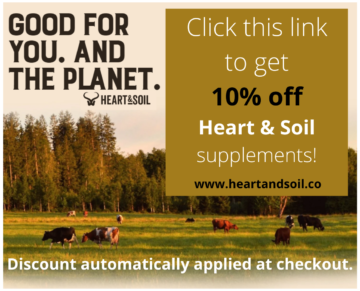
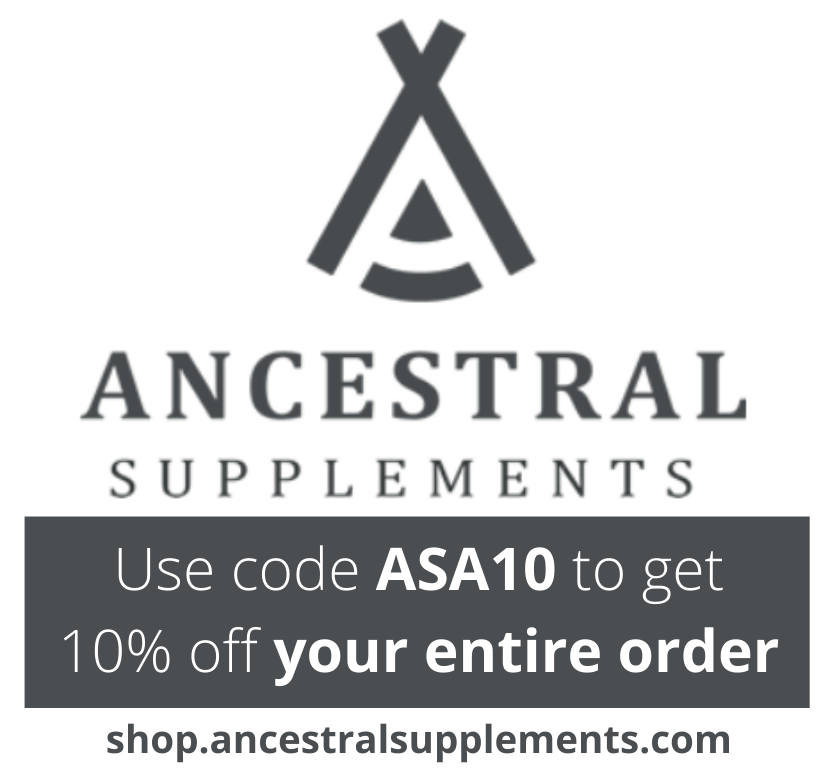
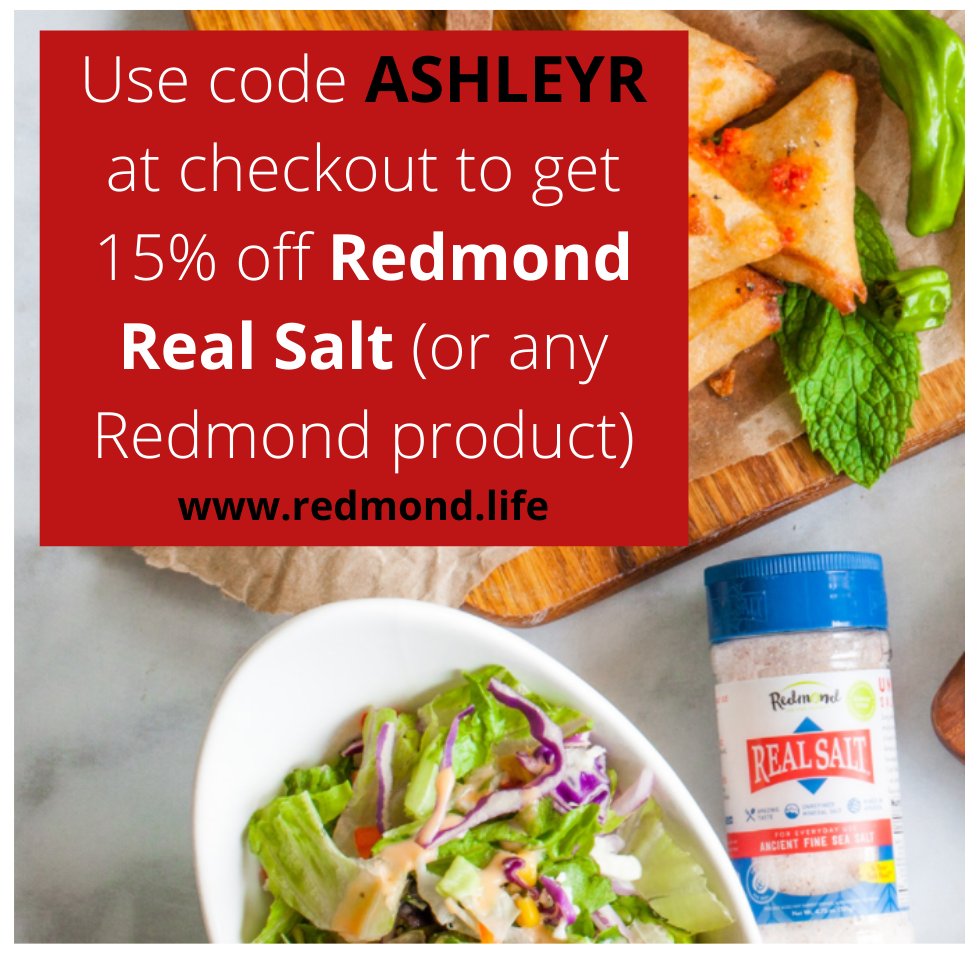


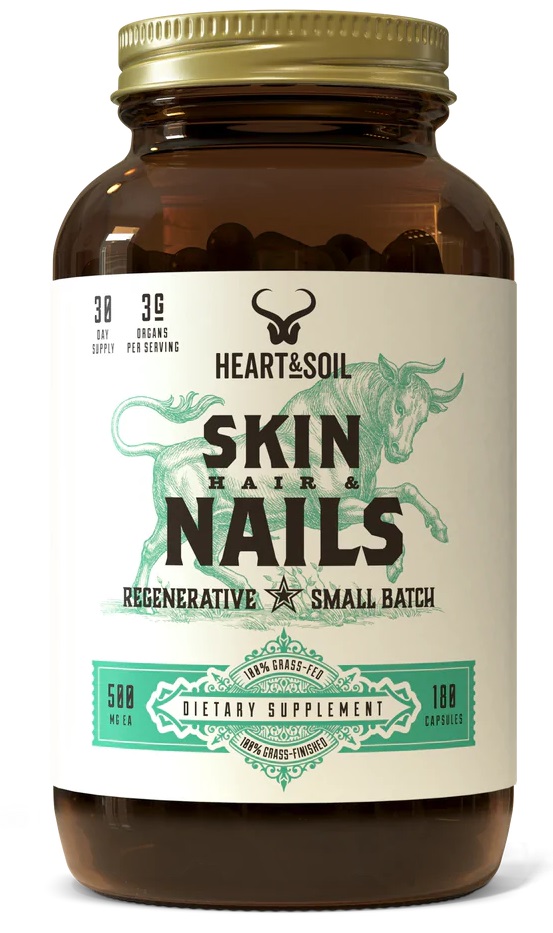
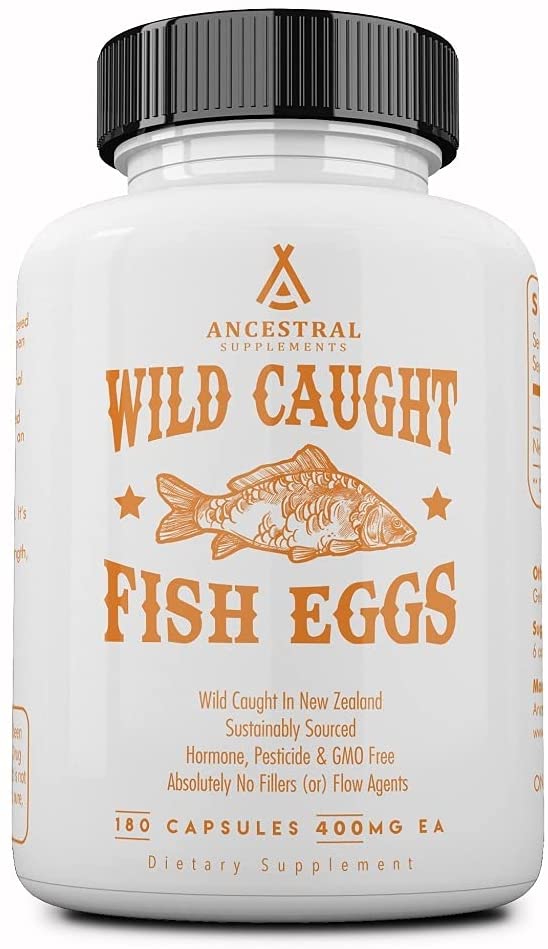

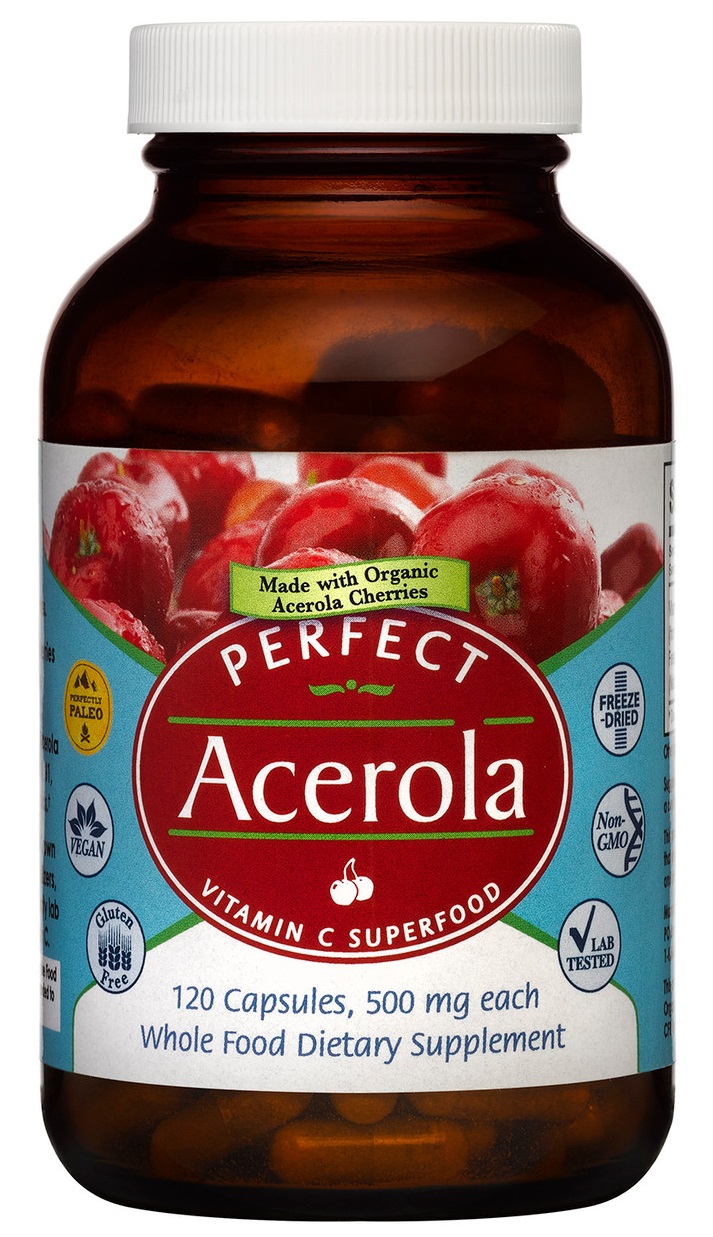

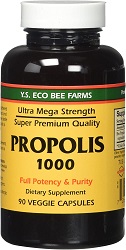
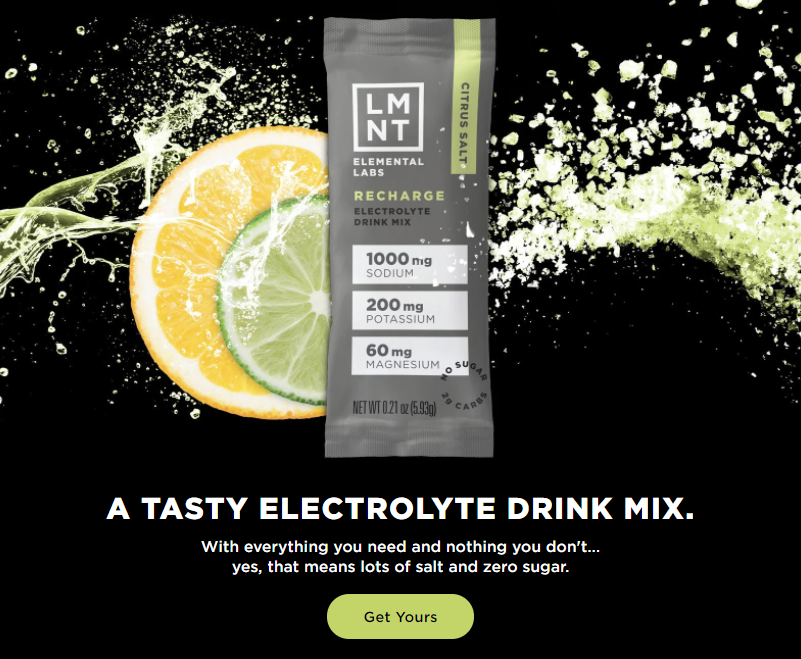
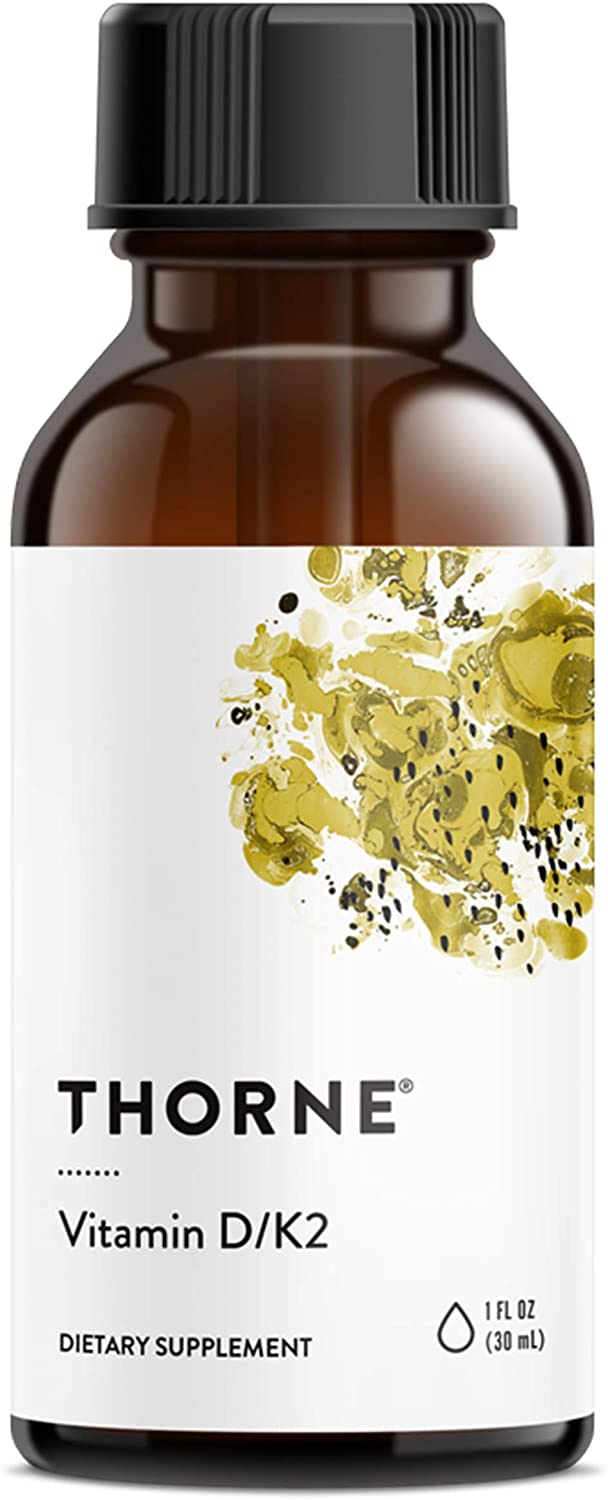
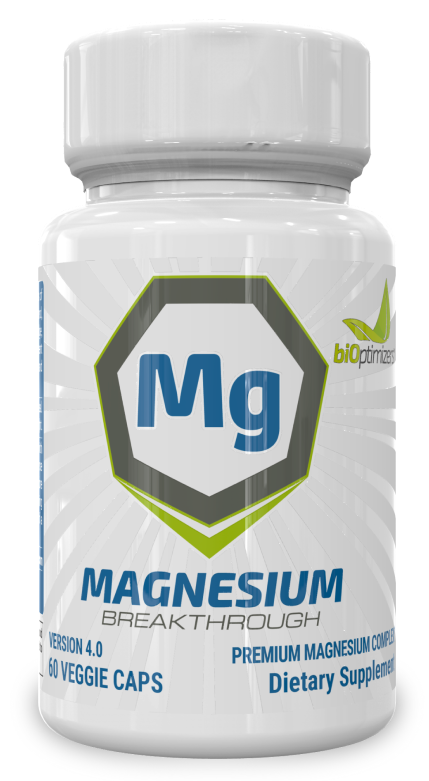
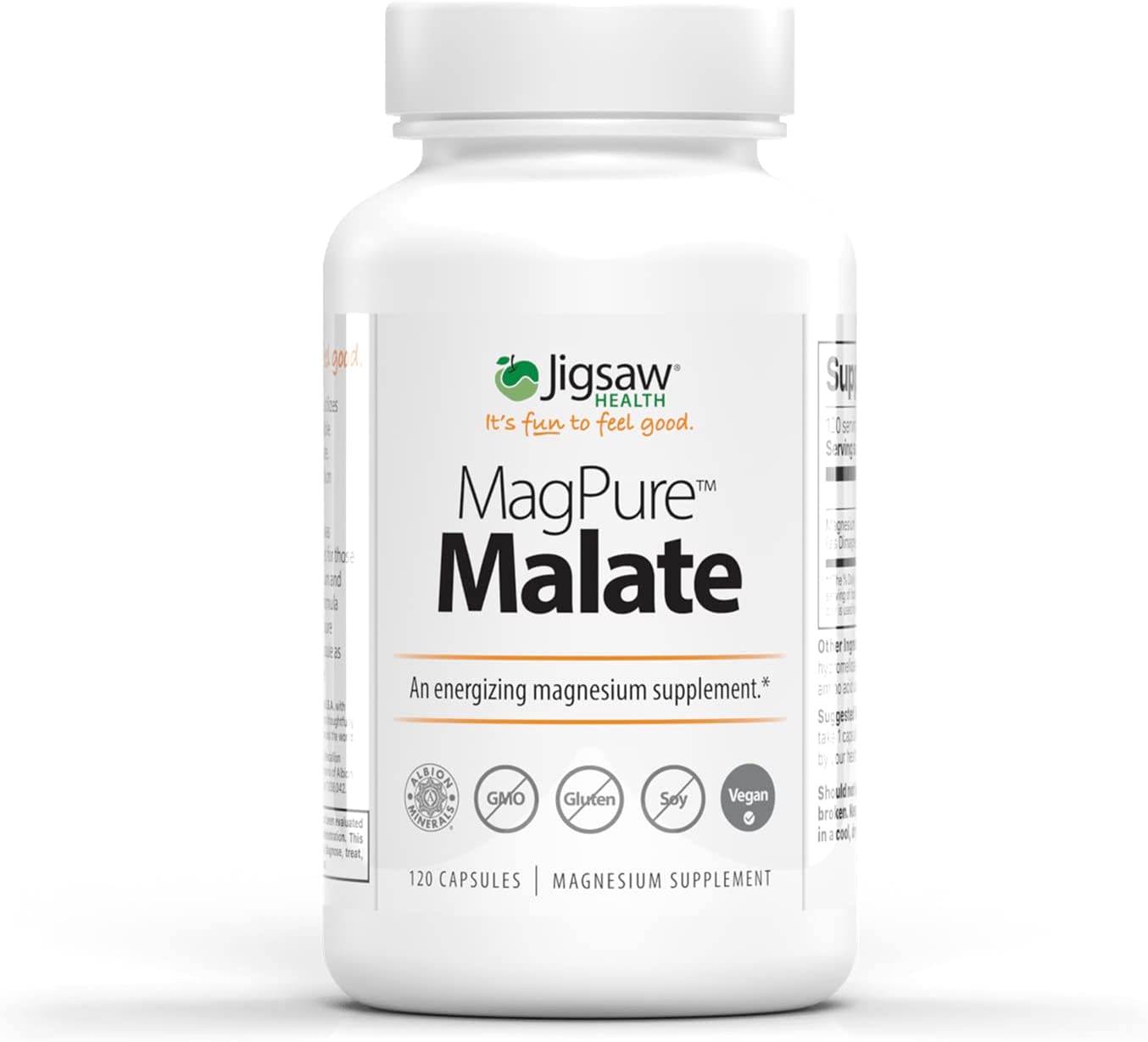
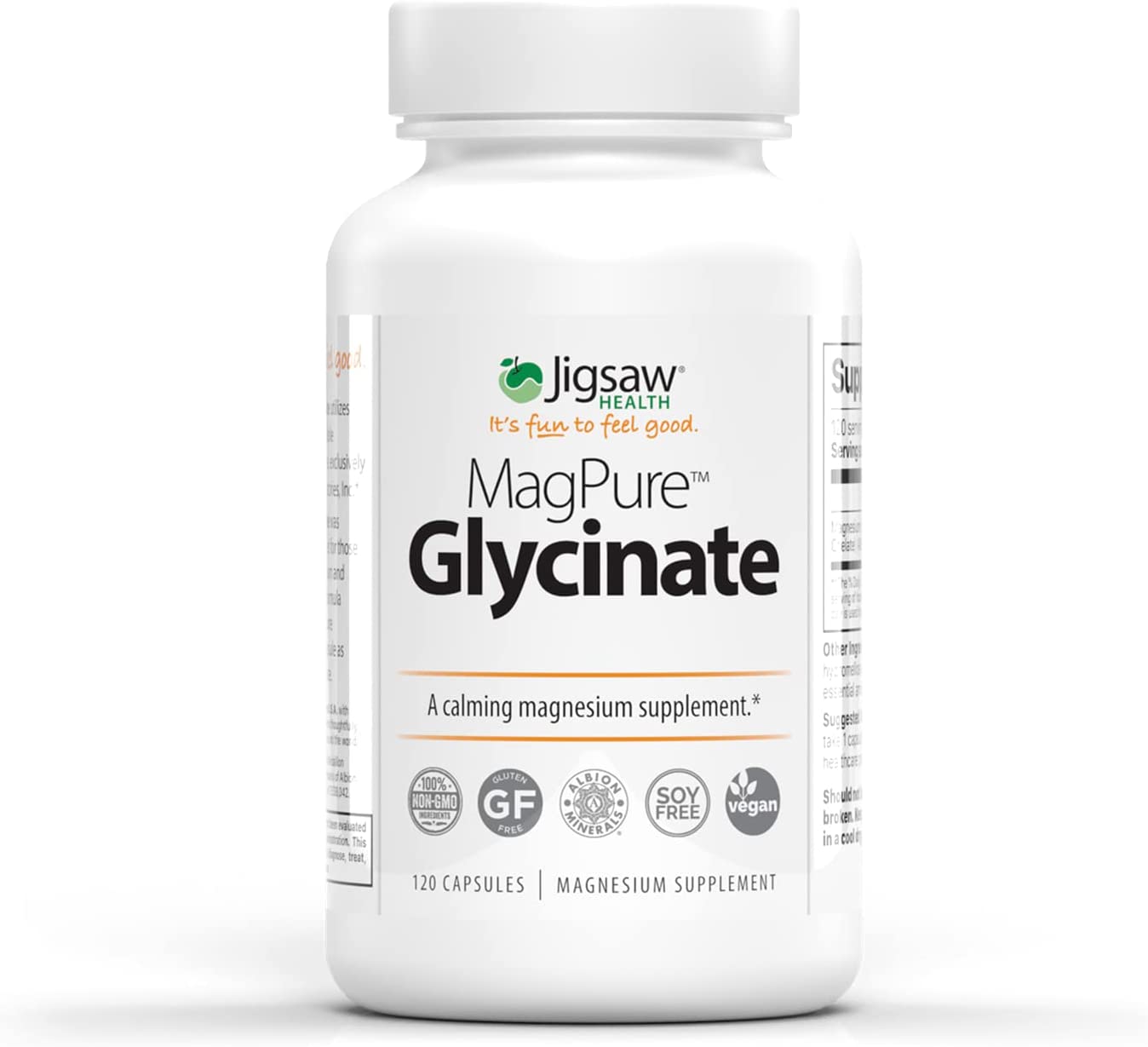

Hi Ashley, I find a lot of benefit in reading your posts so thank you. I just ordered some enviromedica beef liver and looking forward to starting it. I have been on whole food supplements for several years now, and only when I found that whole food vitamins were an option was I able to actually feel good about taking them on a daily basis. I am almost 7 months postpartum and boy do I wish I had your blog while pregnant. I only stumbled across it a couple months postpartum while trying to find someone who lived an animal based diet lifestyle while breastfeeding. I haven’t been able to make a 100% switch because I keep experiencing a dip in supply unfortunately. Anyway, I am curious if while taking the beef liver supplements, I should continue to take my ancient nutrition whole food prenatal?
I understand you are not a Dr, but I am curious what you think
Author
Hey Brittany. This is a personal decision, and I think it comes down to philosophy and other factors. If you feel confident that you’re getting everything you need from your diet and the beef liver, I’d say it would be fine to stop the prenatal. I know it’s hard to really ‘know’ for sure, but I think the best way to judge is by observing yourself and your baby. If you’re both content and thriving, you’re probably getting what you need. i know of women who take no prenatal and take barely any supplements, and they have great pregnancies and healthy babies. It really comes back to a gut call.